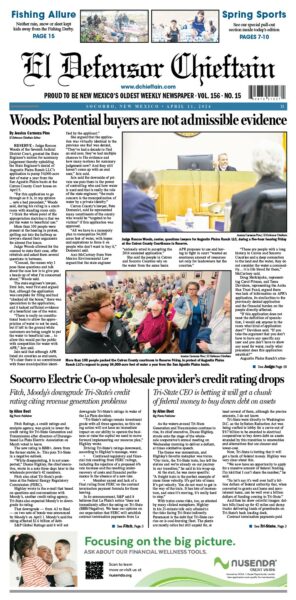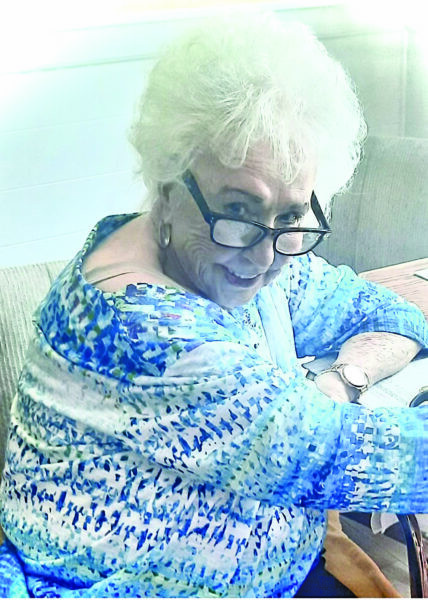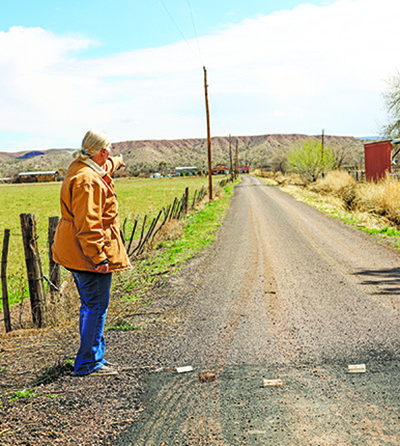Hope springs eternal, but even the most strident bulls threw in the towel this week. American politics took precedence over the country’s economic well-being once again, as both political parties refused to compromise on a stimulus deal.
But it wasn’t only politics that spooked investors. Across the Atlantic, investors watched as COVID-19 outbreaks escalated across Europe. Germany, Austria, the Czech Republic and Italy reported new records in infections, while France announced a curfew in order to stem its own skyrocketing cases. In the U.K., Londoners are now banned from mixing with other households indoors.
In this country, despite denials by a large portion of the population — as well as some in government — coronavirus cases are surging across the nation. In the fall, schools — despite warnings by medical authorities — opened anyway with predictable results. Students became super spreaders, infecting their classmates and extending the infection into the surrounding communities. Now, U.S. medical experts are warning that the onset of cold weather and increased inside activities could generate a second resurgence of the coronavirus.
What could this mean for the U.S. markets and national economy? If we follow in the footsteps of the European Community, the U.S. could see an avalanche of new restrictions forced on individual cities and states, not by the government, but by the coronavirus. That’s just for starters. Businesses would likely close, but if past actions are any indications, that would have to wait until our already-weakened national hospital system run out of beds and hallways to treat coronavirus victims. Let’s hope this doesn’t happen, but you should be prepared if it does.
Only now are investors beginning to realize that a “cure,” or at least a vaccine (despite the many statements of our officials outside of the medical community), is taking far longer than promised. It appears that even if there is a breakthrough tomorrow on this front, it would be far too late to save the country — or the economy — from a potential winter COVID-19 surge.
Despite the difference of opinion between who is right or wrong, what is fake news and what isn’t, there are two truths that investors should understand. Number one: COVID-19 could care less about what you think, whether you wear a mask or not, or who you are going to vote for. It will do what pandemics do, so adjust accordingly. In my opinion, the best advice so far has been given by the medical community. Listen to it.
Number two: the stock market calls it as it sees it. It can be wrong at times, but only for a short while. In the end, the market ignores the hype, but not the facts, leaving investors who ignore its directions holding the bag. Right now, the U.S. markets are not giving us clear guidance, which reflects the uncertainty of this health crisis, lack of more stimulus and the noise of the political elections. So look elsewhere.
Europe appears to be 4-6 weeks ahead of the U. S. in its battle with the coronavirus. Investors should therefore be following the events in Europe closely. If additional restrictions begin to pile up and/or the virus cases continue to rise, watch and compare what happens to Europe’s main stock indexes as a prelude to what might happen in the U.S. in November.
The markets will continue to move up and down next week, as they have this week. As for the future, what I can promise you is that over the next 18 days, markets will become even more volatile than they have been month-to-date. After that, it depends on COVID-19.


















